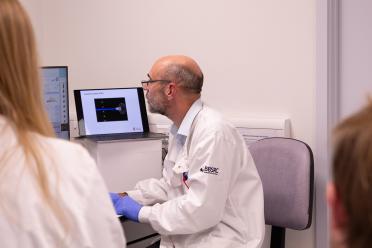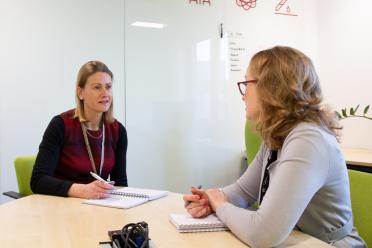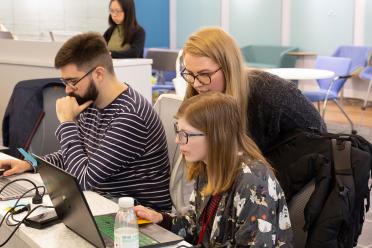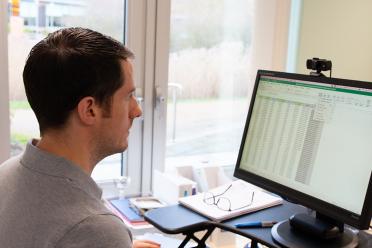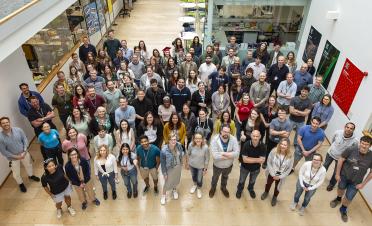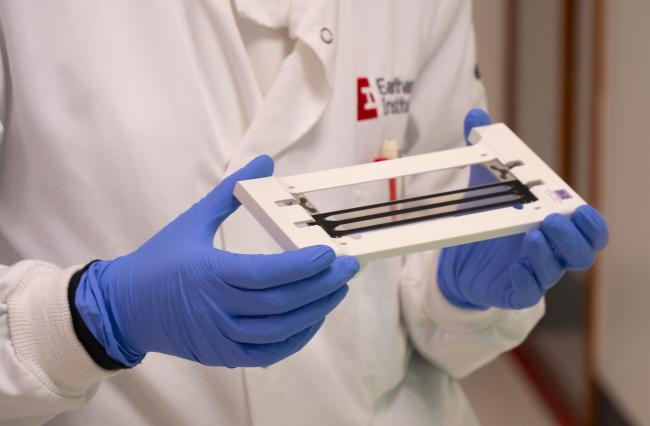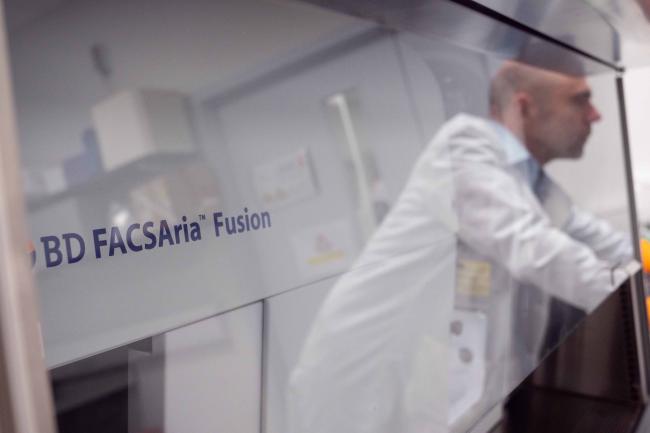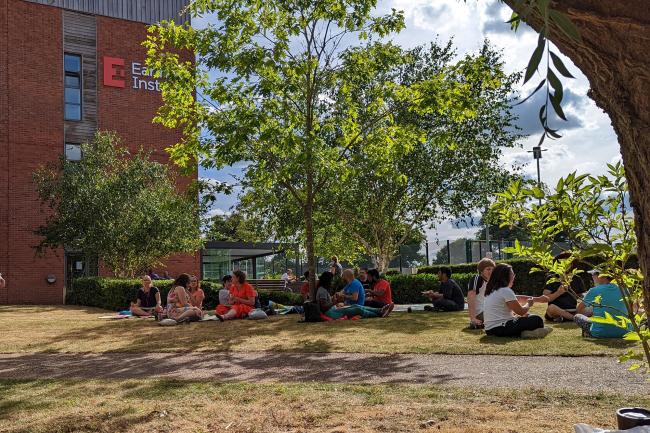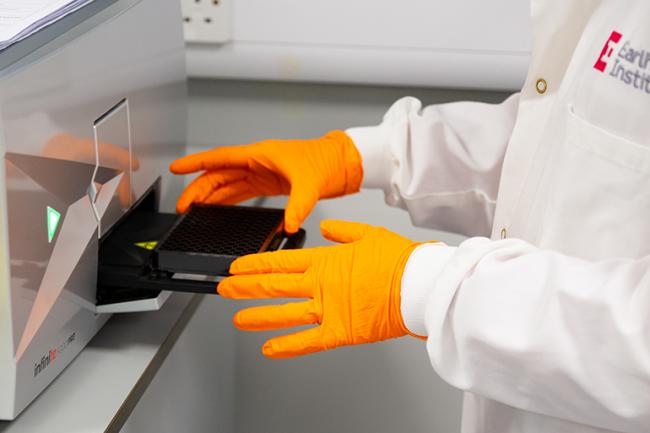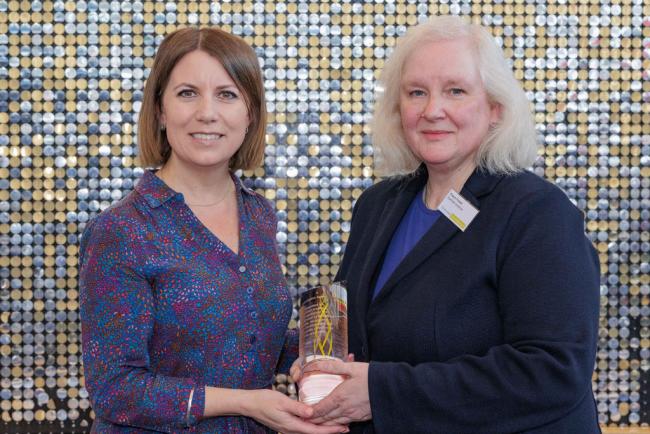Just as science and technology have advanced, so too the roles and technical expertise have broadened to enable research and innovation.
“Technical professionals might include data scientists, data engineers, informaticians, statisticians, software developers, staff who operate or manage core facilities, and those essential people who support the delivery of a range of other organisational functions,” explains Fiona Fraser, Senior Research Assistant and the Earlham Institute’s Technician Commitment lead.
“Given the very wide range of roles that wholly or partly rely on technical skills and expertise, there are inevitably some people who don’t realise they are covered by initiatives such as the Technician Commitment.”
The Technician Commitment, which was first launched in May 2017, is an institutional pledge to work towards addressing challenges that particularly affect the community of people working in technical roles within research environments.
Signatories develop robust action plans, created in partnership with those working in technical roles, to ensure greater visibility, recognition, and career development opportunities.
“It’s the co-creation that makes this question of how you define a technician so important,” says Dr Siobhán Dorai-Raj, Inclusion, Diversity, Equality and Accessibility Manager at the Earlham Institute.
“We need the input of people working in a diverse range of roles to make sure our action plan meets the needs of all technicians at the Institute. If we only involve wet lab scientists we’ll likely fail to meaningfully support other colleagues who are just as deserving of recognition, career development opportunities, and day-to-day visibility.”

